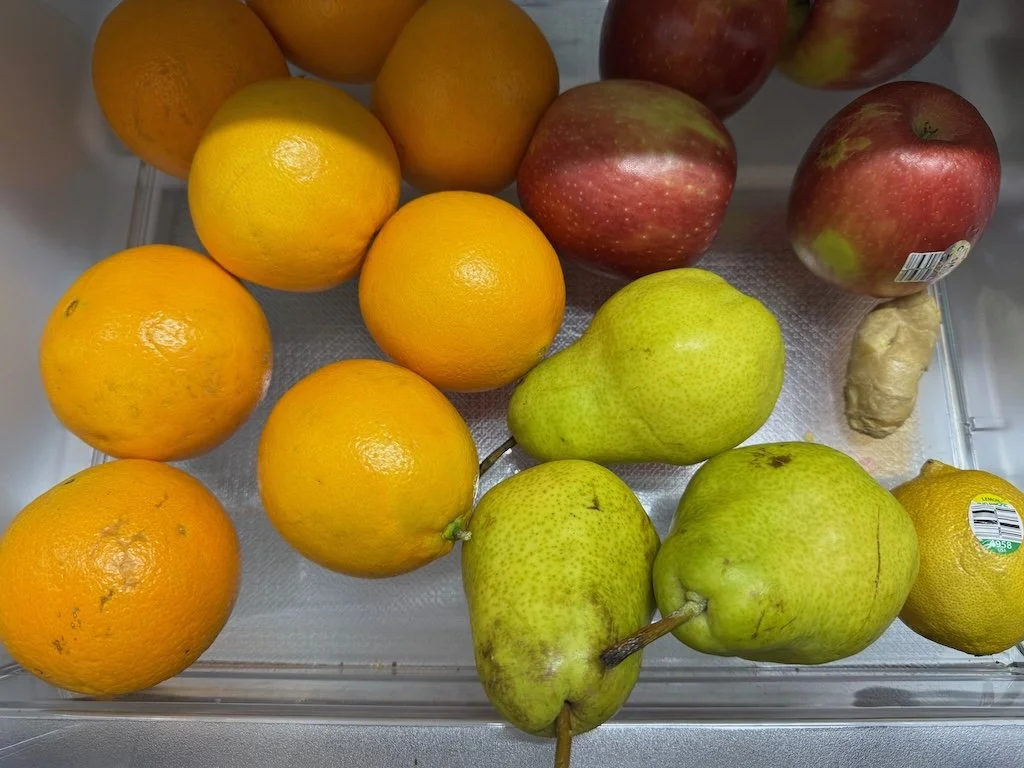Minutiae of Diet
/My dietary goals are pretty simple: get as much nutrition from food as possible (i.e. don’t rely on supplements to make up for a very poor diet) and lose weight. I’ve had some success over the years but had stalled about a year ago.
About a month ago, I decided that, for me, sound bites don’t help enough when it comes to diet. I needed data other than weight and activity measurements (I already had from a scale and a Fitbit) that would directly guide my food choices.
The cronometer tool was the one I chose. I set up my profile to lose a pound per week and then started logging in my food each day.
I did not choose a special diet. My day to day goal is to stay below the Calorie maximum for the day and meet more than 93% of the nutritional targets….and to do it as much as possible without heavily fortified or processed foods. I found foods that I normally eat had already been defined in the tool (or something that was close enough to what I was eating to use as a substitute in the log). The result has been quite a learning experience….on a very detailed level. Here are some of the minutiae I’ve learned about my diet:
- Starting the day with chia seeds in almond milk as I have been for quite some time is a reasonably good way to start the day….and the 20 grams of dark chocolate with it is an acceptable treat….but going to 40 grams of dark chocolate is not a good idea.
- Portion size is hugely important! I’ve started looking at labels and measuring. I focus on those things that are high calorie and low nutrient…those are the ones I watch the most carefully for portion size and sometimes question whether I want to eat them at all. Often the nutrient rich foods are not that high in calories so the serving size is relatively large.
- A non-fat plain yogurt smoothie with fruit (blueberries or banana or orange) is tasty, very filling, high in nutrition in relation to calories and, along with the things I normally eat, gets me to the calcium requirement every day. It doesn’t take a huge change to make a big nutritional difference.
- I easily meet the protein requirements with only one meat serving per day and it does not have to be a large one (since I get protein from other sources than meat too).
- Black tea made with tap water has nutrients!
- I like the orange veggies like carrots and sweet potatoes but I need to eat them consistently to get enough vitamin A
- I will probably always need to take Vitamin D. I am not in the sun enough and the fortification in the foods I eat is not enough to consistently get the minimum dose. No wonder my doctor has found my Vitamin D level a little low!
- I almost never get 100% of the potassium target. That is something to work on. Eating one banana or orange is not nearly enough.
- I always exceed the B12 requirement because the almond milk is fortified but I don’t quite get all of them to 100% every day.
- I am general below 0.5 gram of trans-fat - which is pretty good. The tool has helped me be more conscious of foods I eat occasionally that contain trans-fat.
- I am thinking about how long I will need to log my food at the detail I am not. At 4 weeks, I am still in the process of establishing the habit of healthy food choices. Staying below the 1280 Calories per day (totaled up in cronometer) and burning over 2000 calories (estimated by the Fitbit) has indeed resulted in weight loss of a little over a pound a week and I am feeling good - lots of energy. It does seem to be true for me that nutrients from food, rather than supplements, are used more effectively by the body.
I recommend checking into doing at least a few days logging food into a tool like chronometer for anyone wanting to make tweaks to their diet!


















